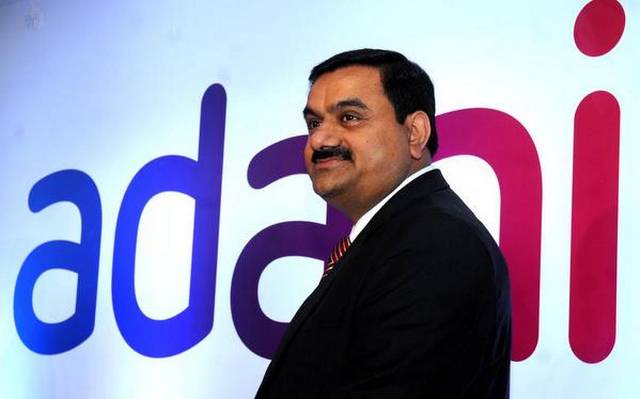Fitch Ratings has downgraded its outlook and placed several Adani Group entities on Rating Watch Negative (RWN) following allegations of bribery and governance issues. This decision reflects heightened risks associated with funding access, liquidity, and corporate governance across the group. Below are the key reasons for Fitch’s actions:
- Heightened Corporate Governance Risks
Allegations of bribery and misrepresentation involving Adani Green Energy (AGEL) board members have amplified concerns about governance across the group.
Fitch believes these charges significantly increase corporate governance risks, which are critical for investor confidence.
Any conviction or further evidence of weak internal controls could exacerbate rating pressure on the affected entities.
- Limited Near-Term Liquidity Risks
Most Adani entities have sufficient liquidity to manage their short-term obligations:
Adani Ports and Special Economic Zone Limited (APSEZ): With INR89 billion cash at the end of September 2024, APSEZ’s free cash flow (FCF) is expected to cover debt maturities of INR113 billion until FY26.
Ring-Fenced Entities (AGEL RG1, AGEL RG2, AESL RG, AICTPL): Their legal and financial structures, including cash flow waterfall mechanisms and restrictions on cash upstreaming, mitigate refinancing risks.
The North Queensland Export Terminal Pty Ltd (NQXT) faces higher refinancing risks, especially with upcoming debt maturities. The controversy may deter lenders, increase funding costs, and extend due diligence requirements. However, NQXT benefits from strong shareholder backing, moderate funding needs, and positive free cash flow.
- Medium-Term Funding Access Risks
Reduced Offshore Funding Options: Fitch anticipates that these governance issues may limit access to international debt markets, increasing reliance on onshore funding at potentially higher costs.
Capex Flexibility: Entities like APSEZ and NQXT can adjust capital expenditure to reduce funding requirements, partially mitigating the impact.
Ring-Fenced Entities: The amortizing nature of their debt and dividend lock-up mechanisms provide additional safeguards against refinancing pressures.
- Increased ESG Relevance Scores
Fitch has raised the ESG Relevance Score for Governance Structure and Group Structure to ‘4’ (from ‘3’) for several Adani entities due to the potential impact of governance concerns on their ratings.
This reflects the systemic importance of governance factors in evaluating the group’s creditworthiness.
- Risks to Hedging and Funding Costs
Hedging contract renewals for US dollar bonds of AGEL RG1, AGEL RG2, and AESL RG could face challenges due to the ongoing scrutiny.
A material rise in funding costs could erode operating cash flows, posing medium-term risks to growth and stability, especially for non-ring-fenced entities.
The U.S. Securities and Exchange Commission (SEC) and Department of Justice (DOJ) have indicted three board members of Adani Green Energy on bribery and fraud charges. The allegations involve misleading investors in a 2021 offshore note offering, raising corporate governance concerns across the conglomerate.
Fitch cautioned that the Negative Outlook on affirmed ratings reflects ongoing risks tied to governance and potential funding challenges.
The Adani Group has denied the allegations, stating its commitment to cooperating with investigations and maintaining compliance. However, Fitch underscored that any significant materialization of governance risks could result in further negative rating actions.

